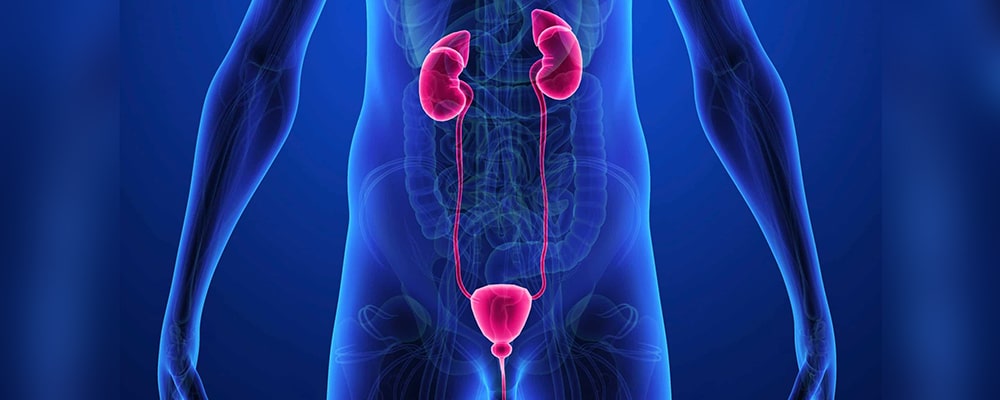
What is Urology ?
The organs of the body that are involved and active with branches of urology are kidneys, adrenal glands, bladder, prostate, epididymis, seminal vesicles, prostate, urinary tract, and reproductive organs. Urological related diseases are usually hidden and are distinguished after damage to the body and are not detectable and treatable beforehand, unless you consult your doctor periodically for screening.
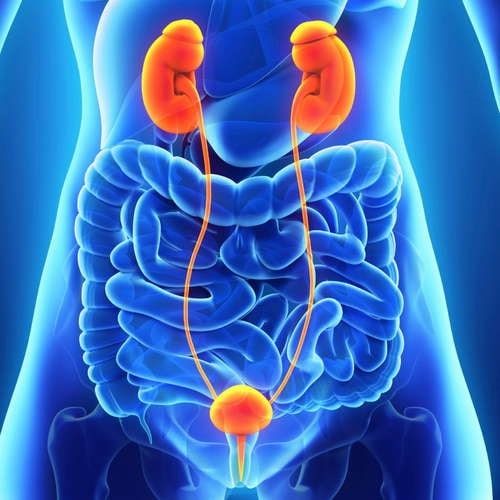
Urology and Diseases:
- Diseases of the urethra
- kidneys
- kidney’s stone
- Urinary incontinence
- Varicocele
- Hernia
- Bladder, Penis, Testis
- Urinary and sexual infections
- sterility
- Uterus and bladder dysfunction
- Plastic surgery of the genital tract in men and women
- marital problems
If you see blood in your urine, you should refer to a urologist. Even if the amount of blood in the urine is low and seen once, it should not be ignored and it is a warning to you for a hidden sickness in your body.
If you feel pain in the testicle or feel a mass when you touch it, visit a doctor to make sure that there is no problem. In these cases, if infections and inflammation are associated with it, there may be a twist or cancer. You should get a treatment. Unfortunately, testicular cancer is detected in men late thereafter and they have been dealt with it for a long time without knowing that they have had cancer.
If a man has testicular and prostate cancer, a urologist will suggest treatments such as chemotherapy, radiation, therapeutic hormones or surgery. Kidney stones are another urology related illness that you should refer to a urologist because they can only get your problem out of your body without surgery and stone removal.

What is urological surgery?
Urology operations were performed openly and abdominally until the end of the 20th century, and the patient should remain hospitalized for a long time, but today, these surgeries have fewer complications and injuries than before. With the help of laparoscopic surgery, these actions are remarkably improved, and for surgeries such as kidney tumors, kidneys, lymph nodes, urinary incontinence, and so on.
Urology Surgery and Complications:
Complications of urological surgery depending on the type of operation and its severity. Surgery has all the complications of a normal surgical procedure and the anesthetic complications of the heart affect the lung. Surgical infections are also open surgical complications. The possibility of damage to the surrounding limbs is in the laparoscopic practice.
Removal and kidney transplantation due to the wide range of surgery and the severity of it, leads to a lot of complications. Possible dangers after colon and bladder and prostate surgery are also noticeable and should be monitored for all of these, and should be followed up with repeated tests and post-operative doctor’s instructions to minimize the risk as possible.
summary:
Urology is a medical branch that deals with genital organs and urinary tract organs and related organs and can help your disease in this area to get better. The organs of the body that are involved and active in these branches are kidneys, adrenal glands, bladder, prostate, epididymis, seminal vesicles, prostate, urinary tract, and reproductive organs. Urological related diseases are usually hidden and are distinguished after damage to the body and are not detectable and treatable beforehand, unless you consult your doctor periodically for screening.


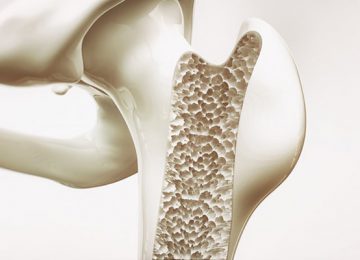



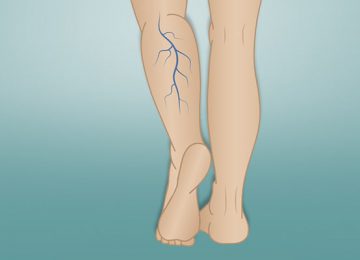
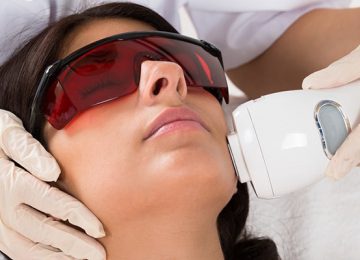



Reviews
Number of pending reviews14992